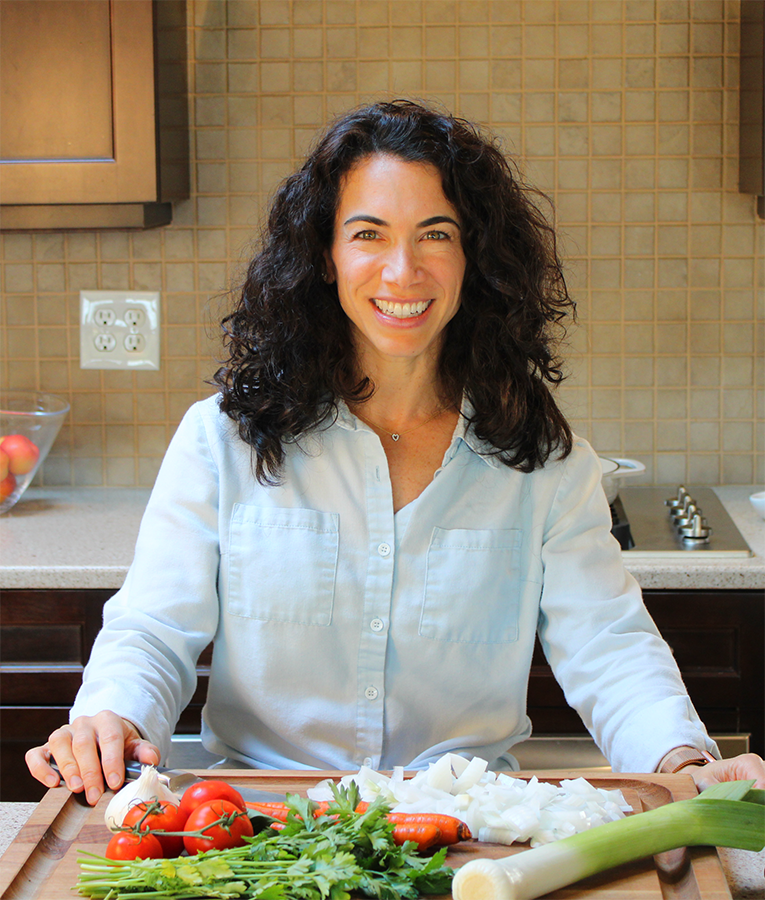Have you ever wondered what competent eating means? Being a competent eater comes straight from childhood feeding expert and family therapist, Ellyn Satter, MS, RD, CICSW, BCD of the Ellyn Satter Institute and refers to a set of behaviors and attitudes that support a healthy relationship with food and overall well-being.
Competent Eating Defined
According to Ellyn Satter, MS, RD, CICSW, BCD, recognized for her groundbreaking work in helping families both in eating and feeding, eating competence is defined as follows:
“Eating Competence is being positive, comfortable, and flexible with eating as well as matter-of-fact and reliable about getting enough to eat of enjoyable food. Even though they don’t worry about what and how much to eat, competent eaters do better nutritionally, are more active, sleep better, and have better lab tests. They are more self-aware and self-accepting, not only with food, but in all ways. To be a competent eater, be relaxed, self-trusting, and joyful about eating, and take good care of yourself with food.”
Ellyn Satter, MS, RD, CICSW, BCD (1)
For more about helping yourself become a Competent Eater, read Feeding Yourself with Love and Good Sense.
For more about the evidence showing that Competent Eating is good for you, see The Satter Eating Competence Model.
Satter calls competent eating, “The Joy of Eating,” because it involves having a positive and balanced relationship with food, where eating is enjoyable and sustainable.
Getting Acquainted with the Approach
Competent eaters, or those aiming to achieve this approach, recognize when and what to eat based on physical and emotional cues.
It also involves acknowledging the social and cultural aspects of food, including enjoying meals with others and being open to trying new foods and experiences.
Rather than rigid rules or restrictions, competent eating promotes a healthy and balanced approach to food.
Competent eating is not about dieting or counting calories. Instead, competent eaters eat with health and pleasure in mind, but do not use food to cope, and as such, are able to relax, enjoy eating and generally do not feel guilt or shame when eating.
There are four components to competent eating:
- Eating attitudes. Competent eaters have positive attitudes about food and eating. They do not view food as a reward or punishment, and they do not use it to cope with emotions. They are comfortable eating a variety of foods, and do not feel guilty or ashamed about eating.
- Food acceptance. Competent eaters are able to accept and enjoy a variety of foods. They are not picky eaters, and they are willing to try new foods. They are also able to eat foods that they do not necessarily like as much as others, if that is what is available and they are hungry.
- Regulation of food intake and Health at Every Size® (HAES). Competent eaters are able to regulate their food intake without dieting or counting calories. They listen to their bodies to tell them when they are hungry and full, and stop eating when they are satisfied. They are also able to find Health at Every Size (HAES) without feeling deprived or restricted.
- Management of the eating context (including family meals). Competent eaters are able to manage the eating context in a way that supports their healthy eating habits. They create a positive and relaxed eating environment for their children, and they do not use food as a reward or punishment. They also make sure that there are healthy foods available, and they encourage family members to eat together.
Benefits to competent eating
Competent eaters are more likely to achieve weight stability (meaning – they are less likely to continue to partake in diet culture and yo-yo dieting). As a result, competent eating includes an overall balanced diet, and a positive relationship with food.
Nutrition no longer suffers for competent eaters, since they are focused on reliable, regular and rewarding meals and pay attention to their hunger and fullness cues.
This approach is evidence-based, where research using the Satter Eating Competence Model (ecSatter) (2) shows that people are healthier when they feel good about what they eat, listen to their body and provide themselves with permission to eat as much or as little as they need at regular meals and snacks.
How To Start the Process of Becoming a Competent Eater
If you want to learn more about competent eating, there are many resources available. You can start with the links provided here in this blog and Ellyn Satter’s transformational book entitled, Child of Mine: Feeding with Love and Good Sense.
At the core of competent eating is being attuned to hunger and fullness cues and trusting your body.
If being governed by “food rules” is overtaking your everyday nutrition choices, consider trying something different.
I specialize in helping families and organizations make informed and balanced choices about what, when, and how much to eat, as well as being mindful of one’s hunger and fullness cues.
I also teach parents and guardians how to have a positive relationship with food and avoid restrictive or obsessive eating habits, which can unintentionally have an impact on their children’s food and body relationship. This means when we work together, we avoid fad diets, prevent and treating disordered eating patterns, and other unhealthful eating behaviors that can lead to physical and emotional harm.
Final Notes
Competent eating is about developing a sustainable and balanced approach to eating that supports your physical and mental well-being. It is the goal! BUT – this goal is never about being perfect, rather, I support you in making nutrition choices for overall health while emphasizing the enjoyment of food and honoring individual preferences.
To schedule your free introductory 15-minute call, visit Revv Health Contact.






0 Comments